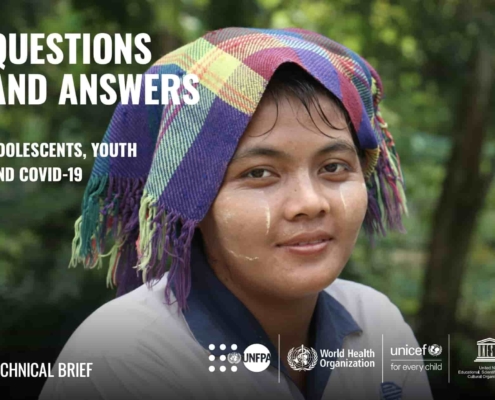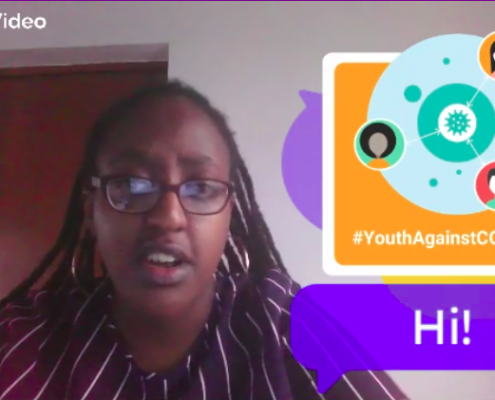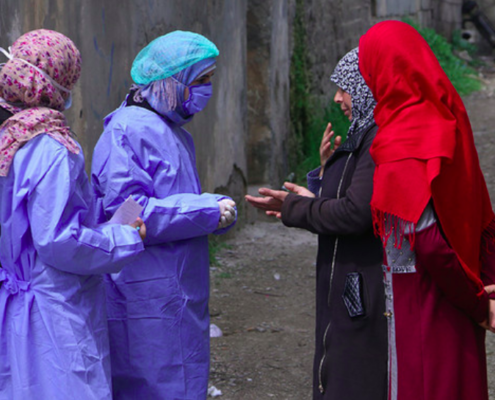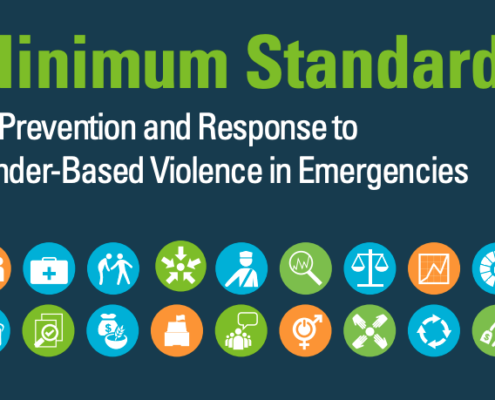

This website is made possible by the generous support of the American people through the United States Agency for International Development (USAID) under the Breakthrough ACTION Cooperative Agreement #AID-OAA-A-17-00017. Breakthrough ACTION is based at Johns Hopkins Center for Communication Programs (CCP).The contents of this website are the sole responsibility of Breakthrough ACTION and do not necessarily reflect the views of USAID, the United States Government, or Johns Hopkins University.





